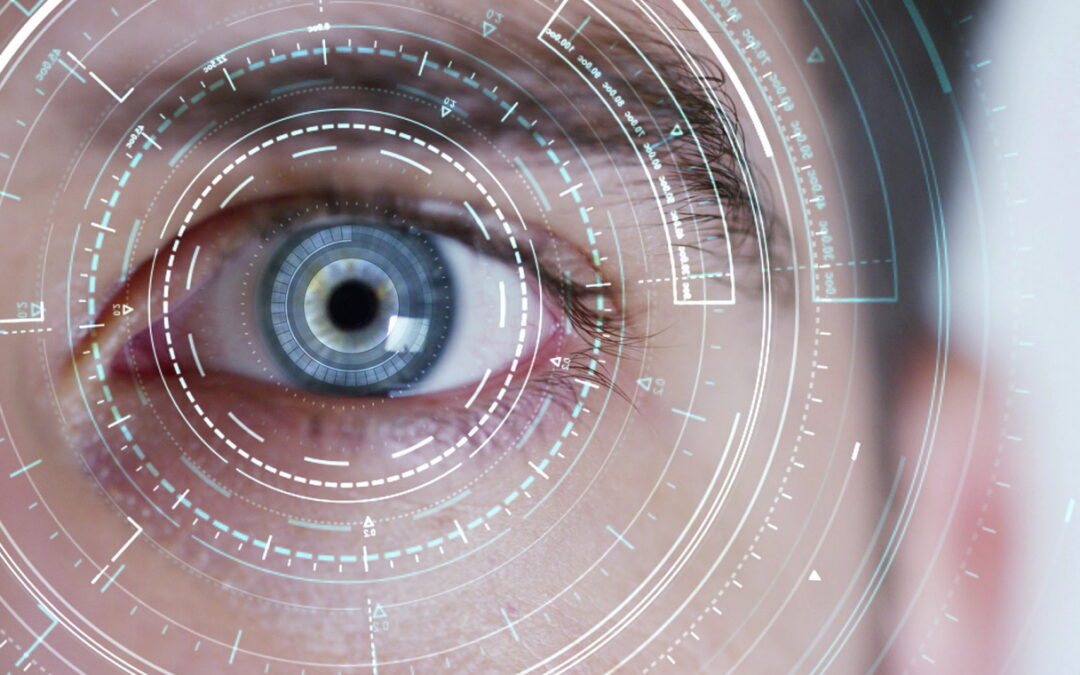Our eyes allow us to perceive the world around us, but they are also a window into the mind. An emerging body of research suggests that how we move our eyes is affected by our personality. This conclusion was reached by John F. Rauthmann and Christian Seubert based on their study which was published in the Journal of Research in Personality.
Studies looking into this topic have found people with similar traits tend to move their eyes in similar ways. For example, optimists spend less time looking at negative emotional stimuli, like images of cancer, while curious people tend to take in all regions of a scene, according to a research study by Evan F. Risko and colleagues, published in the journal Cognition.
Another research study revealed AI can determine that your eyes may be an indicator of your personality type, simply by the way they move.
The research by Sabrina Hoppe and colleagues was published in the journal Frontiers of Human Neuroscience.
Developed by the University of South Australia in partnership with the University of Stuttgart, Flinders University and the Max Planck Institute for Informatics in Germany, the research uses state-of-the-art machine-learning algorithms to demonstrate a link between personality and eye movements.
Findings show that people’s eye movements reveal whether they are sociable, conscientious or curious, with the algorithm software reliably recognizing four of the Big Five personality traits: neuroticism, extroversion, agreeableness, and conscientiousness.
Researchers tracked the eye movements of participants as they undertook everyday tasks around a university campus, and subsequently assessed their personality traits using well-established questionnaires.
One of the study’s authors, Tobias Loetscher says the study provides new links between previously under-investigated eye movements and personality traits and delivers important insights for emerging fields of social signal processing and social robotics.
“There’s certainly the potential for these findings to improve human-machine interactions,” Loetscher says. “People are always looking for improved, personalized services. However, today’s robots and computers are not socially aware, so they cannot adapt to non-verbal cues. “This research provides opportunities to develop robots and computers so that they can become more natural, and better at interpreting human social signals.”
Loetscher says the findings also provide an important bridge between tightly controlled laboratory studies and the study of natural eye movements in real-world environments.
“This research has tracked and measured the visual behaviour of people going about their everyday tasks, providing more natural responses than if they were in a lab,” he says.
“And thanks to our machine-learning approach, we not only validate the role of personality in explaining eye movement in everyday life but also reveal new eye movement characteristics as predictors of personality traits.”

